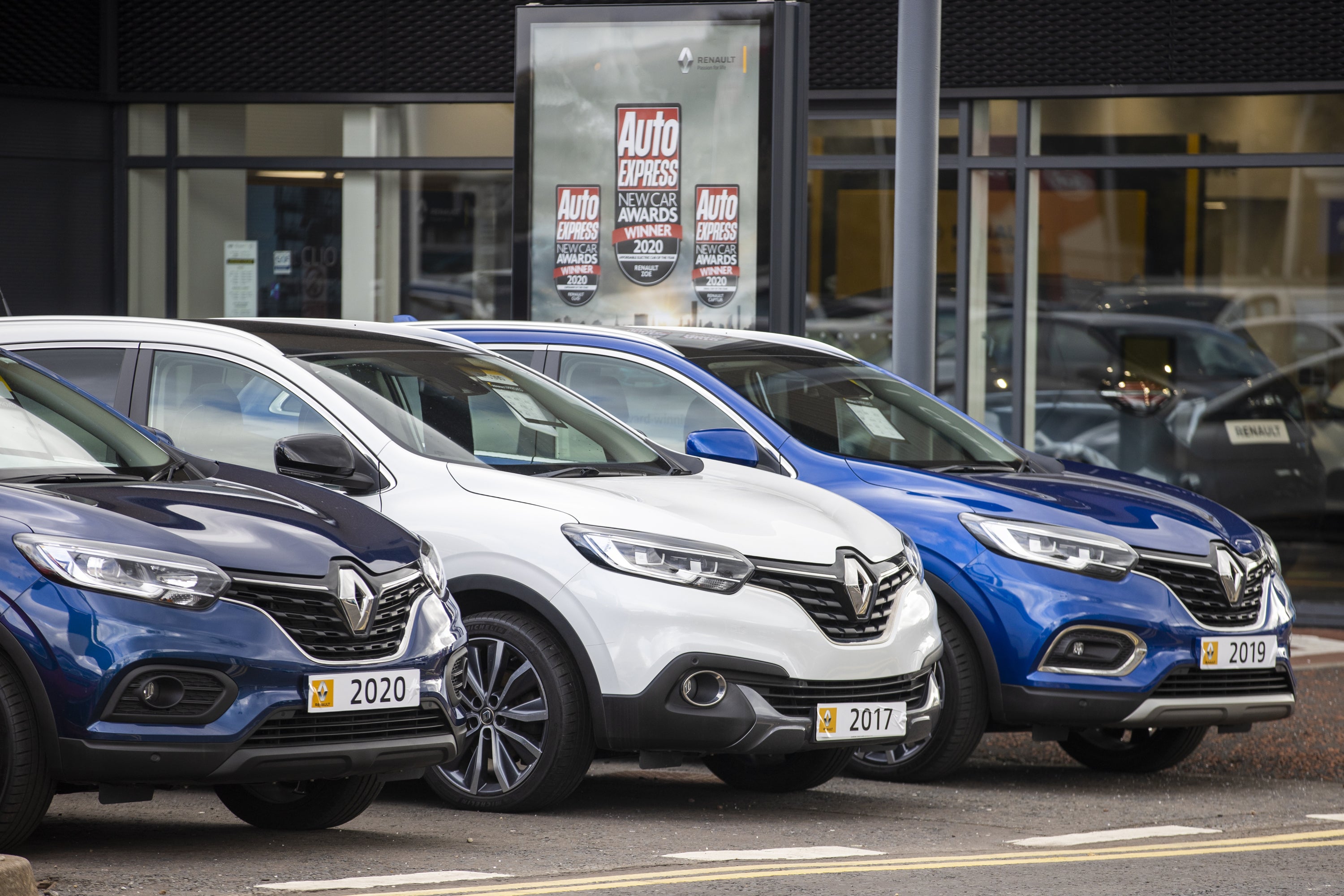Drivers of new petrol, diesel and hybrid vehicles are set to face higher first-year tax rates in a few months.
In an attempt to drive consumers towards electric cars, the government will be increasing the first-year Vehicle Excise Duty (VED) for many new cars.
This will affect petrol and diesel cars, but new rules for electric vehicles will also come back into place.
It is expected these taxes will raise £400million per annum for the Treasury, but a poll by WeBuyAnyCar has found that up to 75 per cent of drivers are unaware changes to VED.
Here is a round up of some of the most major changes coming in April 2025:

VED rates to double for some cars
A car’s first-year tax figure is calculated by taking into account the amount of CO2 it produces. At present, electric vehicles don’t incur any VED charges, while cars emitting between 111g and 150g/km pay £220. Those that emit more than 255g/km pay £2,745 for their first year.
However, rates of first-year VED are set to rise considerably with rates for petrol, diesel and hybrid vehicles all being increased – with most doubling.
The rates will be changed to strengthen incentives to purchase zero emission and electric cars, by widening the differentials between zero emission, hybrid and internal combustion engine cars.
Any car with CO2 emissions between 1-50g/km will jump from £10 in the first year to £110. Similarly, cars in the 51-75g/km band jump from £30 to £130.
But cars emitting 76g/km of CO2 and above – likely petrol and diesel cars – will have their rates doubled.
“All other rates for cars emitting 76g/km of CO2 and above will double from their current level for 2025-26,” the supporting Budget document states.
The biggest increase will be for motorists driving new petrol and diesel cars with CO2 emissions above 255g/km, who will now pay 5,490 – double the £2,745 paid this year.
Electric car owners to pay VED for the first time
April 2025 will see the rules change for EV drivers too.
For the first time, electric car owners will have to pay VED the same way as drivers of petrol and diesel cars do.
Former chancellor Jeremy Hunt announced the change in his 2022 Autumn Budget and the current Labour government has decided to go ahead with the plans.
Mr Hunt told MPs at the time: “Because the OBR (Office for Budget Responsibility) forecast half of all new vehicles will be electric by 2025, to make our motoring tax system fairer I’ve decided that from then, electric vehicles will no longer be exempt from vehicle excise duty.”
Drivers buying new EVs registered on or after 1 April 2025 will have to pay £10 in first-year VED. From the second year after registration, these cars will pay the same standard rate of VED as internal combustion engine cars which will rise to £195.
EVs registered between 1 April 2017 and 31 March 2025 will have to pay the £195 rate also.
But electric cars registered between March 2001 and April 2017 will be subject to just a £20 charge.





